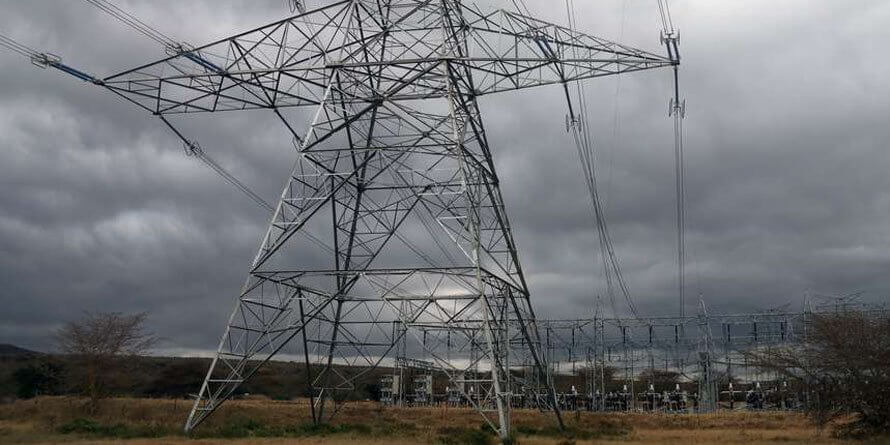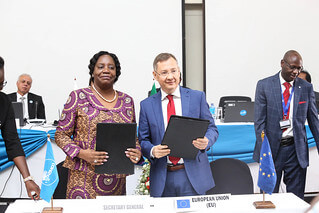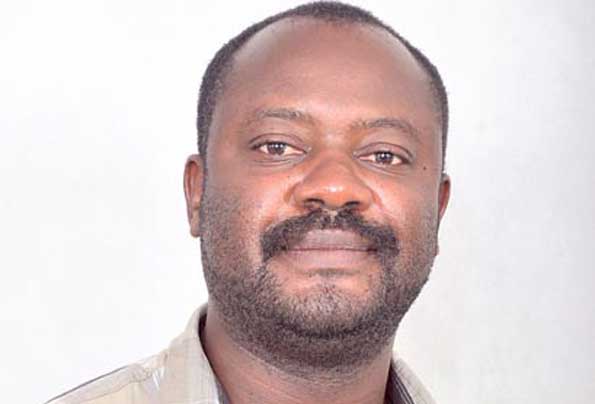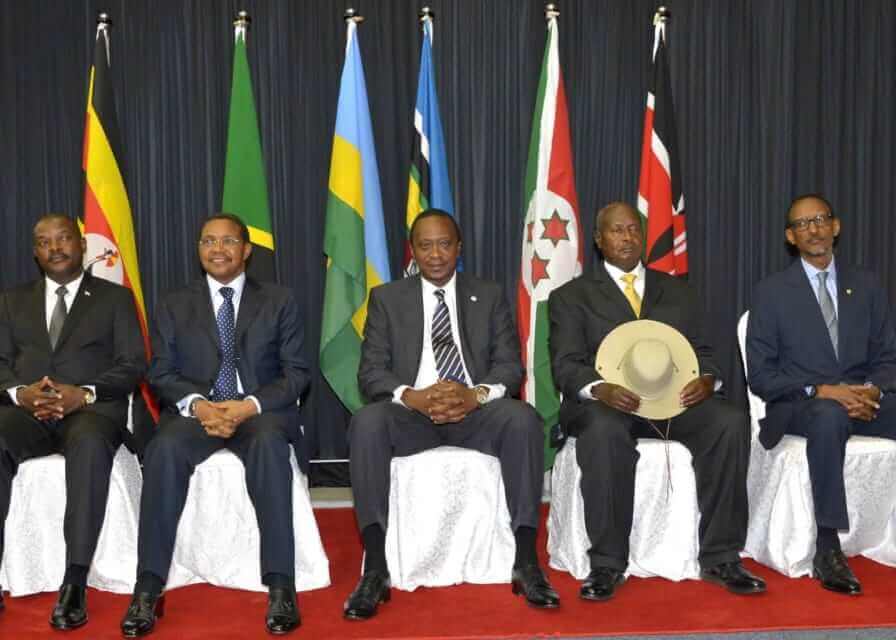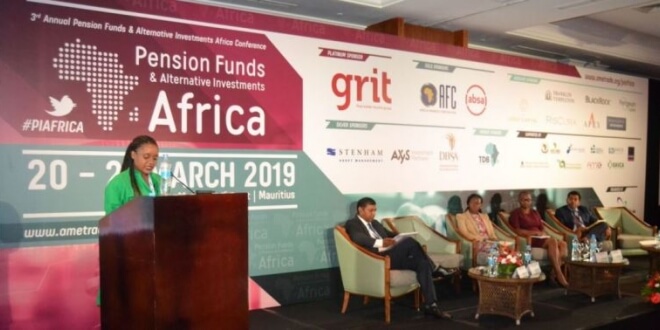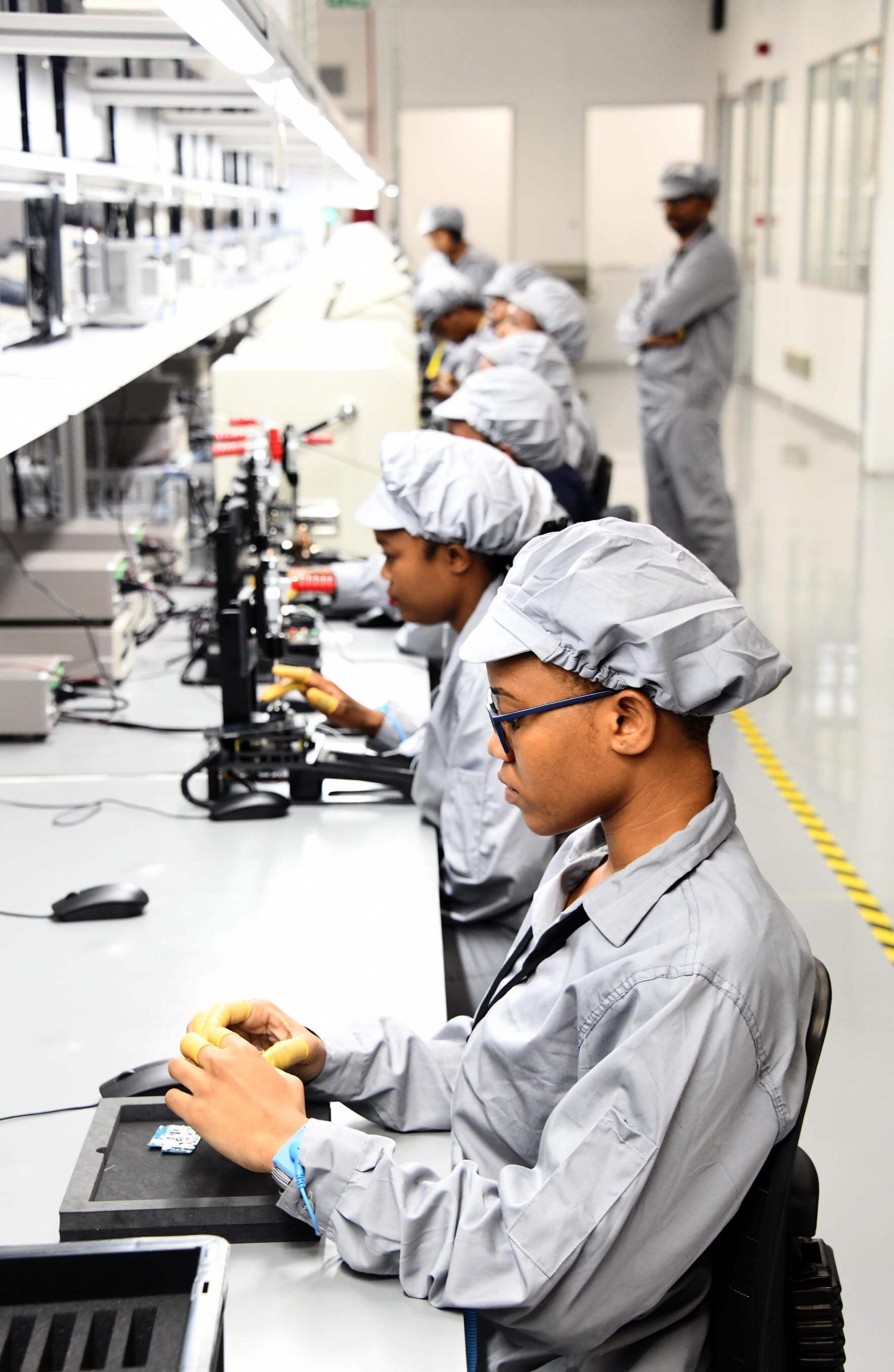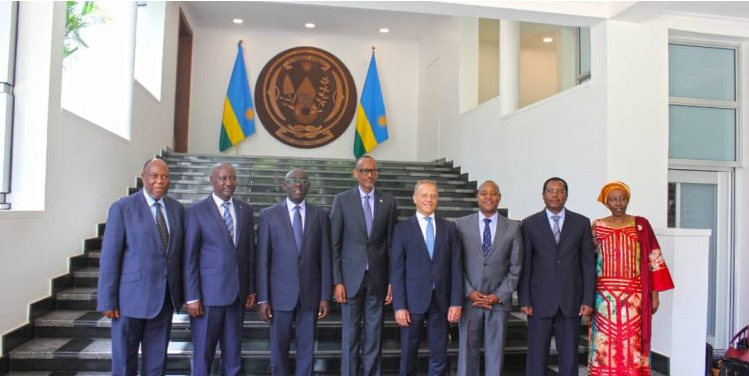Most sad to say, Tanzania has lost to the Grim Reaper one of its most illustrious pillars in entrepreneurship and the private sector in general, Ali Mufuruki, who died yesterday in Johannesburg. The holder of a BSc degree (1986) in mechanical design engineering from Reutlingen University in Baden-Württemberg, Germany, Mufuruki was a prosperous businessman, founder and board member-cum-chairman-cum-trustee of several flourishing entities in and outside Tanzania. Mufuruki was the founder, chief executive officer and chairman of the Infotech Investment Group family business; the founding chairman of CEO Roundtable of Tanzania (CEOrt), Africa Leadership Initiative (ALI East Africa), and Nairobi-based Msingi East Africa Ltd. He also served as board chairman of Vodacom Tanzania; Wananchi Group Holdings; a trustee of the Mandela Institute for Development Studies (MINDS-SA); TradeMark Africa (Nairobi); Chai Bora Ltd; a trustee of Trustee ATMS Foundation and AMSCO (The Netherlands) and Legacy Capital Partners Ltd. Mufuruki also served at one time or another as council member-cum-chairman of the Grants Committee of the Muhimbili University of Health and Allied Sciences; chairman of the Tanzania Public Safety Trust Fund; Partner of East Africa Capital Partners (Kenya); Member of the Tanzania National Business Council, and of the International Monetary Fund (IMF) Advisory Group on sub-Saharan Africa (AGSA). In early 2016, Mufuruki was appointed co-chairman of the UK Parliamentary Commission of Inquiry into the impact of UK Aid for Africa Free Trade Initiative (AFTI). Also, he co-authored a 2017 book with Rahim Mawji, Gilman Kasiga and Moremi Marwa titled Tanzania’s Industrialisation Journey, 2016-2056:...
Editorial: A business icon is gone, but what he stood for lives on
Posted on: December 13, 2019
Posted on: December 13, 2019


